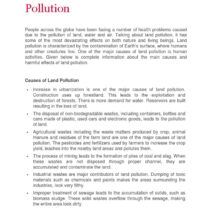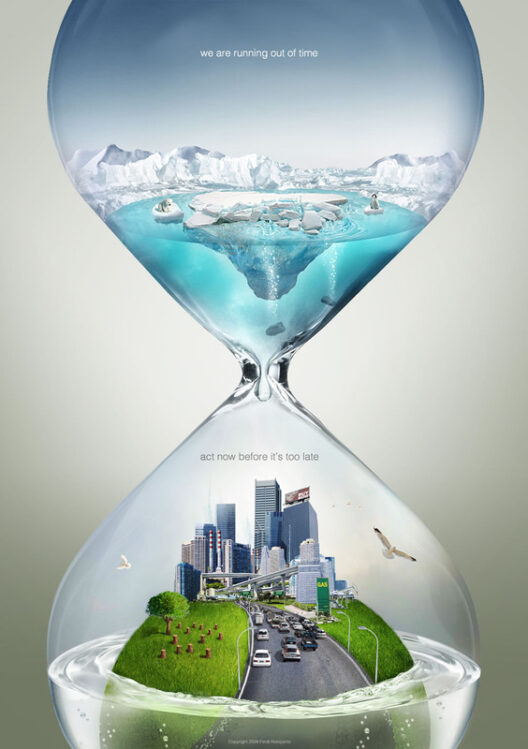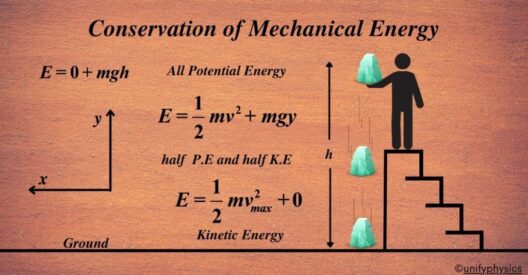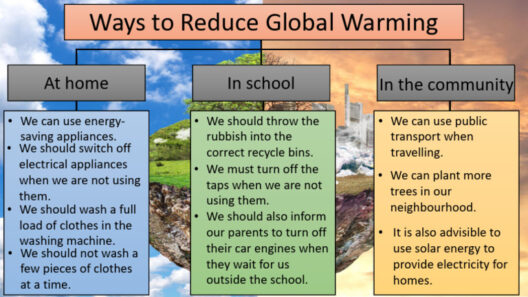Water conservation has emerged as an essential strategy in addressing global warming and enhancing sustainability efforts. As the world grapples with climate change and its repercussions, an increase in awareness around the importance of managing water resources is critical. One innovative solution that has gained traction is the Hydrate Smart Heat Less initiative, designed to conserve water in various aspects of daily life. This article delves into the multifaceted nature of water conservation, focusing on its role within climate action, potential methods for implementation, and its broader implications for ecosystems and communities.
The dire implications of climate change, including erratic weather patterns, rising sea levels, and prolonged droughts, necessitate a cohesive response from individuals, governments, and corporations alike. Water conservation approaches are paramount, as fresh water represents a finite resource, vulnerable to depletion. The Hydrate Smart Heat Less initiative serves as an intriguing approach that integrates smart technology into everyday hydration practices, thereby promoting sustainable water consumption.
One of the prevalent themes surrounding water conservation is the misconception that it only pertains to agricultural or industrial sectors. In contrast, individual action can significantly contribute to the amelioration of water overconsumption. Using smart hydration devices like steel water bottles, particularly those with insulating properties, helps foster a responsible culture around drinking water. Additionally, these vessels often come equipped with features that track hydration habits, thus encouraging users to remain mindful of their consumption and environmental impact.
As we analyze various techniques for water conservation, it is imperative to address two pivotal components: reduction and reusability. The reduction of water waste begins with simple modifications in our daily routines. For instance, when preparing meals, efficient methods such as using a pot lid can fundamentally decrease the amount of water necessary for boiling. Moreover, switching from traditional watering methods to drip irrigation systems in gardening or agricultural practices exemplifies a reduction in water use while maintaining productivity.
Reusability complements water reduction efforts. The essence of reusing water is prevalent in various domains, including domestic and industrial applications. Greywater systems, which recycle wastewater from baths, sinks, and laundry for landscape irrigation, represent a meaningful shift in how we understand water consumption. Incorporating these practices can lead to significant water savings, revealing the potential of innovative solutions that can be adapted to everyday life.
In addition to individual practices, government policies and corporate responsibility play crucial roles in enhancing water conservation efforts. Implementing regulations that mandate efficient water allocation can contribute to broad-scale change. Furthermore, organizations that prioritize developing water-efficient products can significantly influence consumer behavior and instill a heightened awareness of sustainability.
The convergence of sustainable technology and water conservation is at the forefront of modern innovations. Smart home technologies, including water monitoring systems, allow homeowners to observe usage patterns and detect leaks, thereby reducing overall consumption. The integration of such technology into the Hydrate Smart Heat Less initiative exemplifies how modern conveniences can foster eco-friendly habits.
The concept of water conservation extends beyond mere reduction strategies; it is an intrinsic part of community engagement and education. By fostering a culture of awareness and commitment to sustainability, communities can collectively address the challenges posed by climate change. Educational programs that teach individuals about the impacts of excessive water use on local ecosystems can instill a sense of responsibility and stewardship. Collaboration between local governments, schools, and environmental organizations can catalyze change at the grassroots level.
Furthermore, public campaigns that advocate for water-saving behaviors can serve as an effective means of reaching diverse demographics. These initiatives not only convey essential information but also provide easy-to-follow guidelines for integrating conservation practices into everyday life. For instance, social media campaigns can leverage engaging graphics and relatable messaging to inspire action, highlighting how small behavioral changes can lead to significant environmental benefits.
The ramifications of water conservation are far-reaching and often extend to ecological balances and climate resilience. By judiciously managing water resources, landscapes can be preserved, aquatic habitats safeguarded, and biodiversity sustained. The emphasis on smart water consumption contributes to creating a circular economy where resources are preserved, thereby reducing the overall carbon footprint associated with water transportation and treatment processes.
Moreover, the mental and physical health benefits of maintaining a hydrated lifestyle cannot be overlooked. Healthy hydration practices encourage individuals to engage more actively with nature and outdoor activities, fostering an appreciation for the environment. This relationship with the natural world can nurture a deeper commitment to sustainability and promote active involvement in environmental conservation endeavors.
The interconnectedness of water conservation, climate change, and social responsibility presents a compelling case for collective action. Embracing initiatives such as Hydrate Smart Heat Less encapsulates the spirit of innovation and accountability necessary for fostering a sustainable future. As individuals commit to being conscientious stewards of water resources, they not only contribute to efforts that combat climate change but also pave the way for more resilient and thriving communities.
In summary, the role of water conservation in climate action is an intricate tapestry woven with individual responsibility, technological innovation, and community engagement. Hydrate Smart Heat Less serves as a catalyst for change, promoting drinking habits that align with sustainability principles. By reducing water waste and promoting reusability, we step towards a future that honors our precious resources, nurturing both the environment and humanity.








